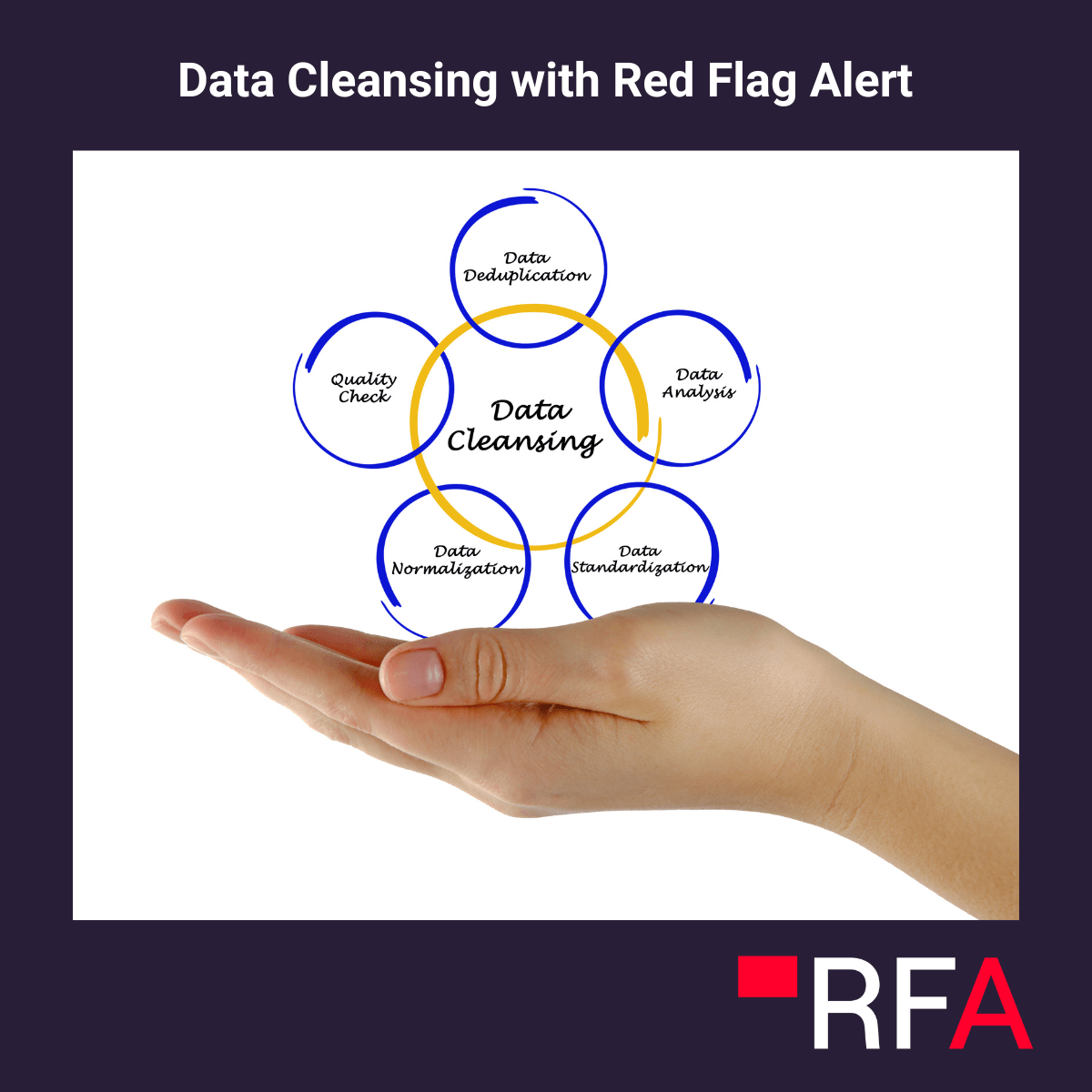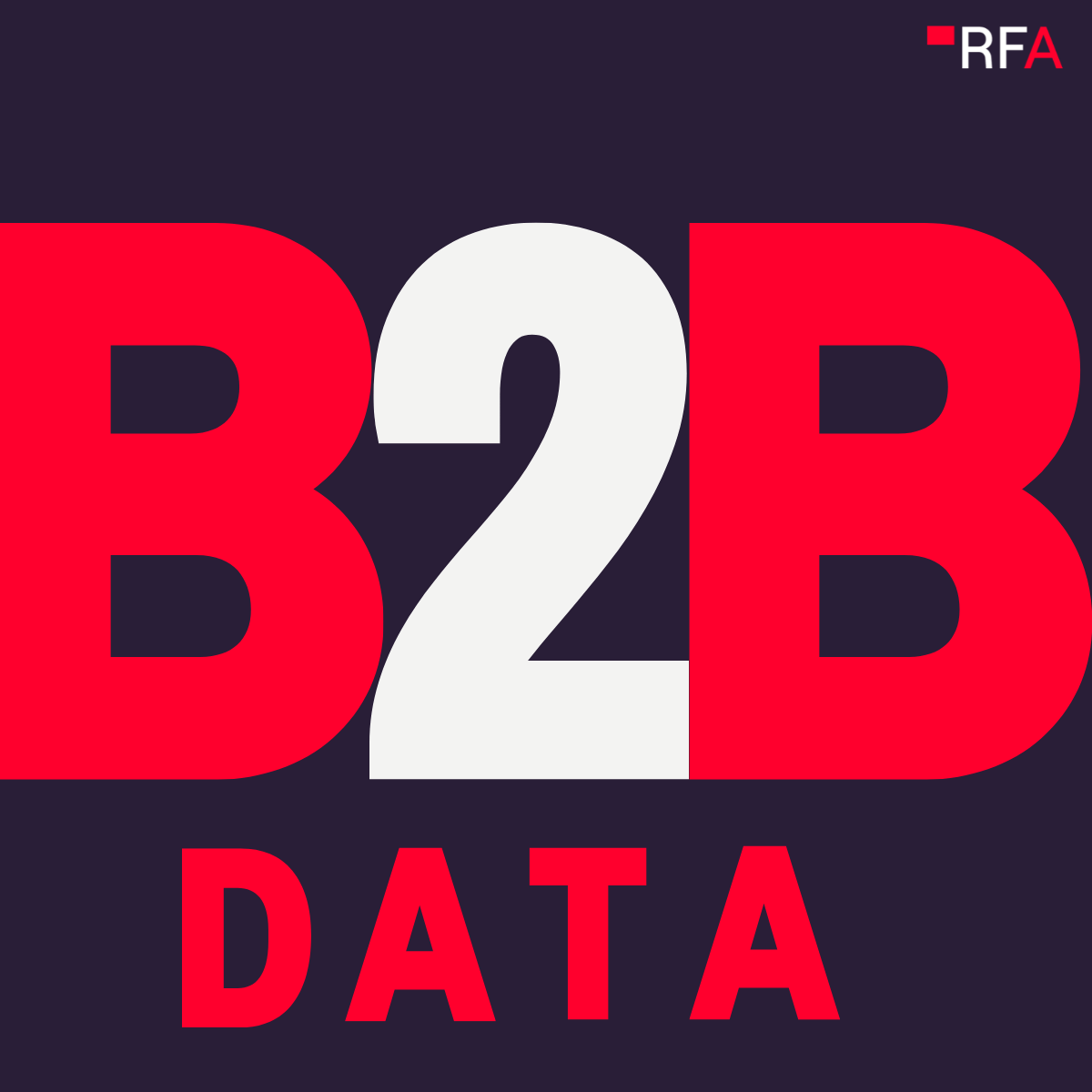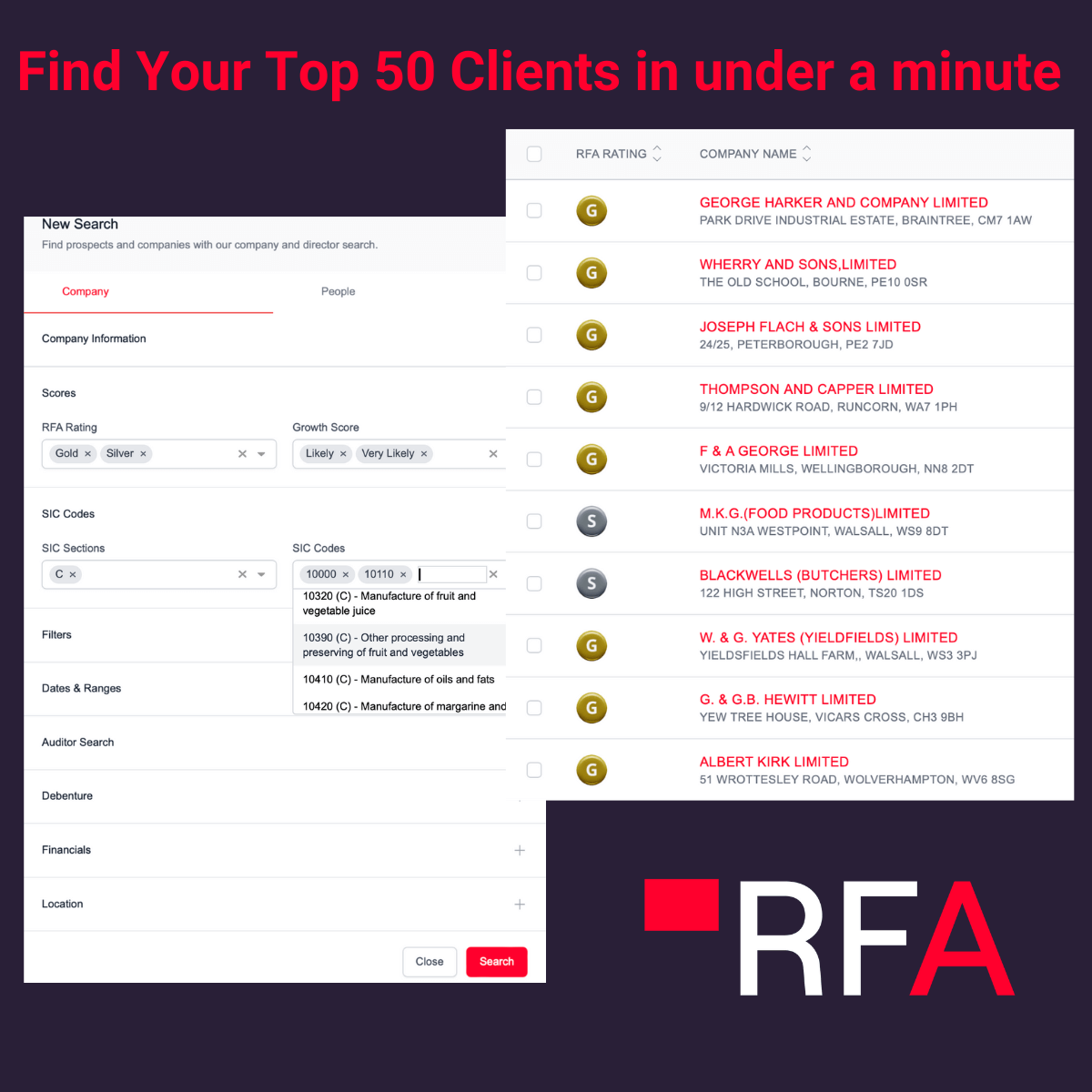Rapport with clients has long been considered an important part of the sales process. In industries where personal relationships are needed to make sales and businesses rely on a small number of high-value clients, having good rapport could be the difference between making a sale and seeing an opportunity slip away.
The issue is that rapport is difficult to quantify. What makes one way of interacting with clients more effective than others? And is it really possible to boil down the process of something subjective like rapport building into actionable steps?
Well, a 2017 study called ‘Rapport building in authentic B2B sales interactions’ by Timo Kaski, Jarkko Niemi, and Ellen Pullins attempted to do just that. The paper looked at the importance of rapport in the sales process and identified six steps that salespeople can follow to help them effectively build rapport with clients.
The results of the study were based on insights gained from interviews with salespeople, as well as patterns the researchers identified from videos of sales meetings.
All the participants in the study were selling customised solutions and services. According to the study, the process of building rapport is particularly important to sales of these products.
In this article, we’ll take a look at the study and see what it can teach us about building rapport.
First Up, a Bit About Rapport
According to studies cited in the above paper, rapport is “a harmonious relationship between participants; it involves a mutual connection and understanding or a perceived similarity to one another”.
Meanwhile, rapport building is described as “initial activities designed to move towards this connection and harmony”.
Rapport is described as an important part of the sales process. The study quotes a paper saying that rapport is a “prerequisite of customer loyalty and engagement” and that it “builds credibility, which leads to trust”.
The study concludes that: “As the foundation for relationships, rapport building is particularly important in sales contexts.”
What Did the Study Find?
The interview section of the study revealed that salespeople took the process of building rapport seriously. They reported using many techniques to help the process, including:
- Preparing for meetings by ensuring they have a good knowledge of their product and knowledge of the customer’s business. Some sales reps said they also took steps to get in the right frame of mind by listening to music or performing specific routines.
- Most salespeople reported trying to strike a balance between appearing casual and professional during the meeting; the authors suggested this could be to avoid coming across as too pushy. Salespeople reported doing this by initiating small talk, showing an interest in the prospect, demonstrating social likeness, and actively listening to the prospect.
In the second section of the study, the authors observed three verbal practices related to building rapport from the videos of sales meetings. These practices were small talk, aligning and affiliating with the customer, and ‘second stories’. Interestingly, of the three practices, only small talk was mentioned by sales reps during their interviews.
- Small talk was seen to be important as it appeared to “encourage agreement and a shared social stance between the salesperson and the customer”, according to the report. While small talk is often thought to be the responsibility of the salesperson, the study found it was “in the interest of both the customer and the salesperson”.
- Aligning and affiliating with the customer is part of small talk and involves the salesperson in both empathising with the prospect and their stance on an issue, and providing opportunities for the prospect to do the same. The report contains an example in which the salesperson agreed with the prospect’s stance about taking holidays. Aligning and affiliating can also include speaking in a similar way to the prospect, such as through the use of dialect words.
- ‘Second story’ is when a salesperson tells a related story to the one just told by a prospect. It highlights that the two have similar experiences and allows the salesperson to show they are attentive to the prospect.
The study then goes on to explain a six-step model for building rapport.
The Six Stages of Building Rapport
The six stages the authors say are key to building rapport are:
1. Capturing customer insight
2. Clearing one’s own mind
3. Breaking the ice
4. Finding common ground
5. Establishing an emotional connection
6. Maintaining a close relationship

Image courtesy of the Industrial Marketing Management Journal
Of these six stages, the first two relate to preparing for meetings and becoming aware of the customer and their business. The final four are the steps salespeople should take during the initial meetings.
While the initial steps aren’t things salespeople can do during meetings to build rapport, the authors nonetheless describe them as being “important in ensuring full presence, confidence, and authenticity”.
Business data is a critical part of the rapport-building process. By going into meetings with a good understanding of clients and their organisations, sales reps can focus on their relationship with the customer and making the interaction go as smoothly as possible. In short, it can give sales reps a clear plan for the sales pitch – helping them relax and build that all-important rapport.
Red Flag Alert Provides In-Depth Business Intelligence on Sales Prospects
Red Flag Alert is the perfect solution for businesses looking for a source of data to help sales teams plan better presentations, build winning rapport and close more business.
The dataset contains in-depth information about every business in the UK. This allows sales teams to tailor their value propositions to specific businesses and identify any challenges a company may be experiencing. Additionally, the data is updated in real time ensuring sales reps always have access to the most relevant information.
To see how Red Flag Alert data can help your sales team, set up a free consultation with Richard West by emailing richard.west@redflagalert.com or calling 0344 412 6699.




